Unlocking the Next Frontier with Microsoft Azure Quantum: Ushering in the Era of Hybrid Quantum Applications
At Quantum World Congress 2024, Microsoft made an exciting leap into the future of computing, with Jason Zander, Executive Vice President at Microsoft, and Dr. Krysta Svore, Technical Fellow of Advanced Quantum Development, leading the charge. The duo unveiled significant advancements in hybrid quantum computing through Azure Quantum—a platform that promises to transform industries by combining quantum computing, artificial intelligence (AI), and high-performance computing (HPC) in an unprecedented way.
As Zander put it, "The future is hybrid applications: AI at scale, reliable quantum, and advanced supercomputing." With these innovations, the long-awaited era of reliable quantum computing is no longer a distant dream; it's happening now.
The Power of Hybrid Quantum Computing
Microsoft’s Azure Quantum platform represents a breakthrough that transcends the limitations of classical computing, particularly in fields like chemistry, energy, and materials science. While classical computers are constrained by the sheer complexity and scale of certain problems, quantum computing opens up vast possibilities, especially when paired with AI and HPC.
“Quantum computing will unlock problems we simply cannot solve with today's technology,” said Zander. He pointed out that even the largest supercomputers can’t match the potential of a quantum machine when it comes to certain challenges, such as predicting the structure of new materials or simulating chemical reactions at the atomic level.
But quantum alone isn’t the answer. This is why hybrid applications—where AI, quantum, and classical HPC work together—are key to unlocking new scientific discoveries. This hybrid approach allows each technology to do what it does best: AI accelerates rapid screening and analysis, quantum tackles massive solution spaces, and HPC simulates outcomes. Together, they form a computational powerhouse.
Quantum Chemistry: A Glimpse Into the Future
One of the most compelling applications of hybrid quantum computing lies in the realm of quantum chemistry. Zander explained how Azure Quantum, when applied to chemistry, can model molecular interactions at the quantum level. This includes simulations so complex that they exceed the capability of any classical supercomputer today.
For example, Microsoft’s technology recently identified a new solid-state battery that uses 70% less lithium, a breakthrough that took just 80 hours of computation—a task that would have taken significantly longer without the integration of quantum-enhanced AI models. The potential for similar advances in areas like drug discovery, climate change solutions, and energy optimization is immense.
Dr. Krysta Svore built on this by sharing an example from Microsoft’s recent research in catalysis. She highlighted a hybrid workflow where AI, HPC, and quantum computing were used collectively to explore chemical reactions with unprecedented accuracy. "We’ve demonstrated an end-to-end workflow that brings all three compute modes together," Svore noted, underscoring the tangible benefits of quantum computing in driving real-world solutions.
The specific example discussed was a reaction involving chirality—where molecules can exist as mirror images with different chemical properties. In drug synthesis, one of these mirror images could have therapeutic value, while the other might be harmful. Quantum computers allow researchers to precisely simulate these molecules, helping scientists steer chemical reactions toward the desired outcome with greater accuracy. “Quantum computing allows us to study these strongly correlated electrons in a way that classical computers simply can’t,” she explained.
A New Era of Reliable Quantum Computing
Perhaps the most exciting takeaway from Zander and Svore’s keynote was their announcement that we are now officially entering the "era of reliable quantum computing." For years, researchers have been limited by noisy qubits—quantum bits prone to errors that make large-scale quantum computations difficult. But thanks to new developments in logical qubits, Microsoft has achieved fault-tolerant quantum computation, a critical milestone on the path to unlocking true quantum advantage.
As Svore emphasized, "We are now in the era of reliable quantum computing." This leap forward hinges on Azure Quantum’s ability to scale logical qubits—qubits that not only detect errors but also correct them and compute reliably.
Back in April 2024, Microsoft demonstrated four logical qubits. Just five months later, that number has tripled to twelve, marking the largest number of entangled qubits in the world today. This means Microsoft’s quantum computers are now capable of performing error-corrected quantum calculations at a fidelity level never before achieved.
Partnerships to Accelerate Innovation
In keeping with Microsoft’s vision of a collaborative quantum future, Zander and Svore also announced exciting new partnerships with quantum hardware innovators Quantinuum and Atom Computing. Both companies are working with Microsoft to develop and scale logical qubits, bringing quantum reliability and speed to industries ranging from healthcare to materials science.
Quantinuum’s H2 ion trap system was used to achieve the aforementioned twelve logical qubits, while Atom Computing’s neutral atom technology promises to deliver even more qubits—over 1,000 physical qubits in the next generation of their system. These advances are being integrated into Azure Quantum’s “Discovery Suite,” a commercial offering that combines AI, HPC, and quantum computing to provide immediate, actionable value to users.
As Dr. Svore put it, "This is the application of the future that we can get started on right now."
What’s Next for Azure Quantum?
The road ahead for Azure Quantum is as thrilling as it is challenging. As quantum hardware scales, and as Microsoft continues to refine the reliability of logical qubits, the potential for breakthroughs in science and industry will only increase. With the convergence of AI, HPC, and quantum computing, Microsoft is positioning Azure Quantum as the go-to platform for tackling some of humanity’s most complex and pressing problems.
In the near future, the technology could revolutionize areas like drug discovery, energy storage, climate science, and more. And while the path to full-scale quantum advantage—where quantum computers outperform classical computers across a broad range of tasks—may still be years away, Microsoft’s achievements today are proving that hybrid quantum applications are already transforming industries.
“We invite you to join us on this journey,” Svore concluded. “Together, we are unlocking a new era of innovation with Azure Quantum.”
